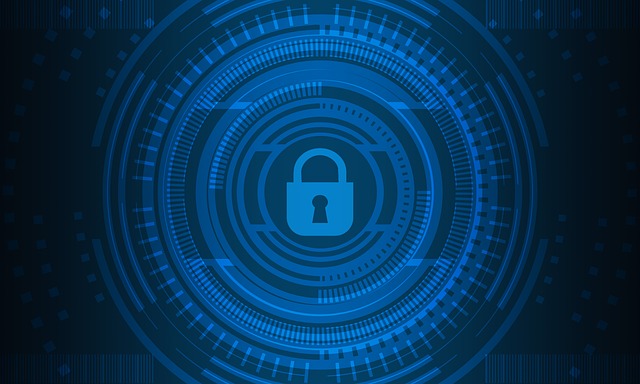8 Steps To Improve Online Security
Our lives rely on the internet for single work. As we know that, the internet is ocean of information and services but it possesses some risks too. Just think about the information that you send over the web like login credentials, bank details, photographs, etc. as a normal internet user, you would expect that the information travel between you and the web server remains secure and private. However, everything is not seem secure in this internet era as there are virus, spam, phishing scams, vulnerabilities that are ready to steal or modify information that you send regularly over the web. Therefore, as a user you need to take care of your data privacy and security. In this article, we have enumerated few steps that will keep your online security private and secure.

Image Credit: Pixabay
Steps To Improve Online Privacy And Security :
1. Use of SSL
Ecommerce store or any company website that accept login credentials and payment through different sources should have SSL certificate on their website. Earlier, only checkout pages were secured on the site but since few days, a new concept HTTPS everywhere is sought after. Any image, video or any insecure page of your website should have HTTPS support. Thus, your website will have security against surveillance and account hijacking.
2. Password Manager
Users tend to keep simple passwords or reuse passwords, which can harm in later time. It is quite tough to remember all passwords so to that extent password manager is an ideal option that can save all your passwords in encrypted form. Even these password managers generate strong passwords for each website. KeePass, Password Boss and 1Password are few apps that users can use it for password management.
3. Authentication Factor
We generally encounter with too many login forms in our daily routine in office work. To get rid of multiple login attempts, we used to avoid two-factor authentication and tell browser to save passwords permanently. This habit may cause theft of credentials or data as anyone who can access your PC or device can easily enter into your account. To avoid this situation, two-factor authentication is required so if anyone has your password, he/she cannot login without the code received on your mobile. Gmail, Twitter and other reputed services offer two-factor authentication to avoid password theft or guessing.
4. Software Update
Whether it is your Windows OS, browsers, installed software, add-on, you need to keep updated with latest version. You can enable auto update in Windows that will reduce little bit your extra work. Hackers always try to penetrate into network using outdated software version and get access to the network. It is advisable to download software from authorized providers.
5. Avoid Free Wireless Networks
People use to access free Wi-Fi available at coffee shop, universities, and hotels. Attackers can act as man-in-middle between visiting website and the user and assures users that they are accessing real website. Hackers can use wireless sniffing tools over unprotected networks and capture data. Users can browse incognito in browser that would not store data. Users should use VPN (virtual private network) to remain secure over the network.
6. Avoid Spam Links
We daily get dozens of emails in our mail inbox and most of them are spam. However, email service providers use spam filters but somehow few emails get success in bypassing this safeguard. Users should avoid such emails once they are clicked they redirect users on fake page/phishing page where users are being asked to provide login details or personal information. It is better to avoid such spam or junk emails.
7. Back up Data
Loss of power or data breach can cause harm to data so it is better to keep habit of daily back up of your data. Many small businesses are ripe fruits for hackers and once such businesses face data breach they take long time to recover from drastic situation. In that case, a data backup of personal information of customers, important files and records will be useful.
8. Use Anti-Spyware
Individuals, organizations sometimes browse suspicious website or click on malicious link without awareness that can cause infection to their device or network. In that case, anti-spyware, antivirus program can help a lot and alert users about such malicious website and blocks them. Such program can clean malware, Trojans, rootkits, bots rapidly and keeps the system clean. The only condition is to keep them up to date so the device will have better protection against unwanted threats.
Conclusion:
Day by day, the importance of security is growing due to rising threat environment. In this case, users or organizations should keep their PC or network system secure against such threats. This good habit not only creates a secure environment but also gives a positive impact on customer’s mind.


